However, just switching schools and getting the school to agree with her placement in the general education 3rd grade classroom doesn't mean things are going as well as I'd like them to be, or that I hoped they would be.
It's hard to be the first one to ask for something of this magnitude to be done differently. It's hard asking not just a school, but the school district, to do things differently. It's hard when the mindset has been one way for so long. It's hard when it's just you (and your spouse) who are the only ones on your child's team who feel like this can work.
There is a difference between inclusion and mainstream. Mainstream is when the child with a disability is in a special education as their placement; that is their main classroom ... and they get to be with their non-disabled peers in the regular classroom during certain times. Usually those times are fine arts, lunch, recess, and in most (I think) cases, history (or social studies) and science. The bulk of the time spent on the core courses happens with math and language arts; so the bulk of the time is in the spec ed room with the student visiting the general ed classroom.
We tried that in the last school. She was in the special ed classroom for the bulk of instruction in math and English Language Arts. We don't feel like she made much progress in that setting. For us, the biggest issue with that setting is she wasn't on the same general education curriculum as the students in the general ed classroom.
I'm not delusional about Kayla's present levels; I know she isn't on a third grade level - I know there are many obstacles she faces in the 3rd grade class. But I also know it's a misconception that students with disabilities need to be at or near grade level to be in the general ed class. With the proper supports and modifications she can be in the classroom engaging in, participating in, and making progress in the general education curriculum.
The Maryland Coalition for Inclusive Education has several great resources on their site including this one on Inclusive Education Research and Practice: Inclusion Works! In 2004 research showed “No studies conducted since the late 1970’s have shown an academic advantage for students with intellectual and other developmental disabilities educated in separate settings.”
If no studies having shown an academic advantage for students with intellectual disabilities educated in separate settings then why are the vast majority of schools still educating students with disabilities this way? I know IDEA states there has to be a continuum of services offered; however these separate settings should not be where the majority of students with disabilities are educated.
It's not enough for Kayla's placement to be in the general ed classroom with no real change to how things are done in this district. I'd like to see a true willingness to think outside the box; I'd like to see the schools here make changes to move towards a more inclusive educational platform instead of automatically placing students with disabilities in 1 of 3 types of special ed classroom - Mild, Moderate, and Severe (but more commonly referred to as they have been for years here before the classification was changed - Educable, Trainable, and Profound.); I'd like to see the district bring in inclusion experts and have trainings for the general education teachers because its not entirely fair to them to have a child with an intellectual disability in their class and they haven't received any special education training. I'd like to see collaborative planning between special education teachers and general education teachers on how to make the general education curriculum accessible for those with disabilities.
I'm not asking for too much, am I? Ha! Seriously, I wish I knew how to get some true changes to how students with disabilities are educated here, but I don't know how to make those changes come about.
In the meantime we prepare for yet another IEP where I leave feeling defeated and wondering if I really know what is in the best interest for Kayla. I know what I want for her, but so far I feel like I've failed in her educational experience. It just shouldn't be this hard; parents shouldn't still have to be advocating for the least restrictive environment to be the general education setting when study after study after study, for years and years, show more positive gains and academic progress for students with disabilities educated in the general education classroom.



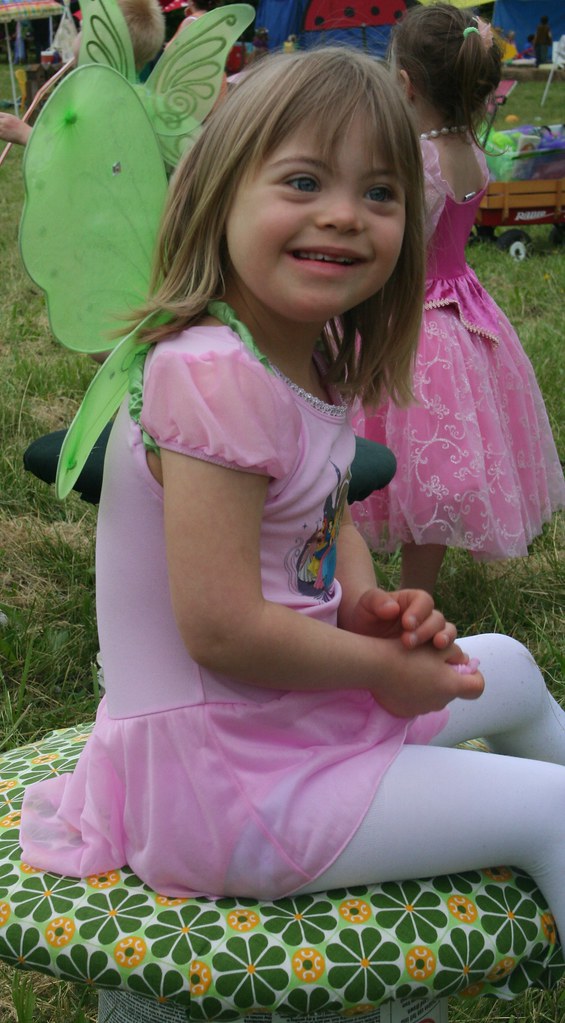

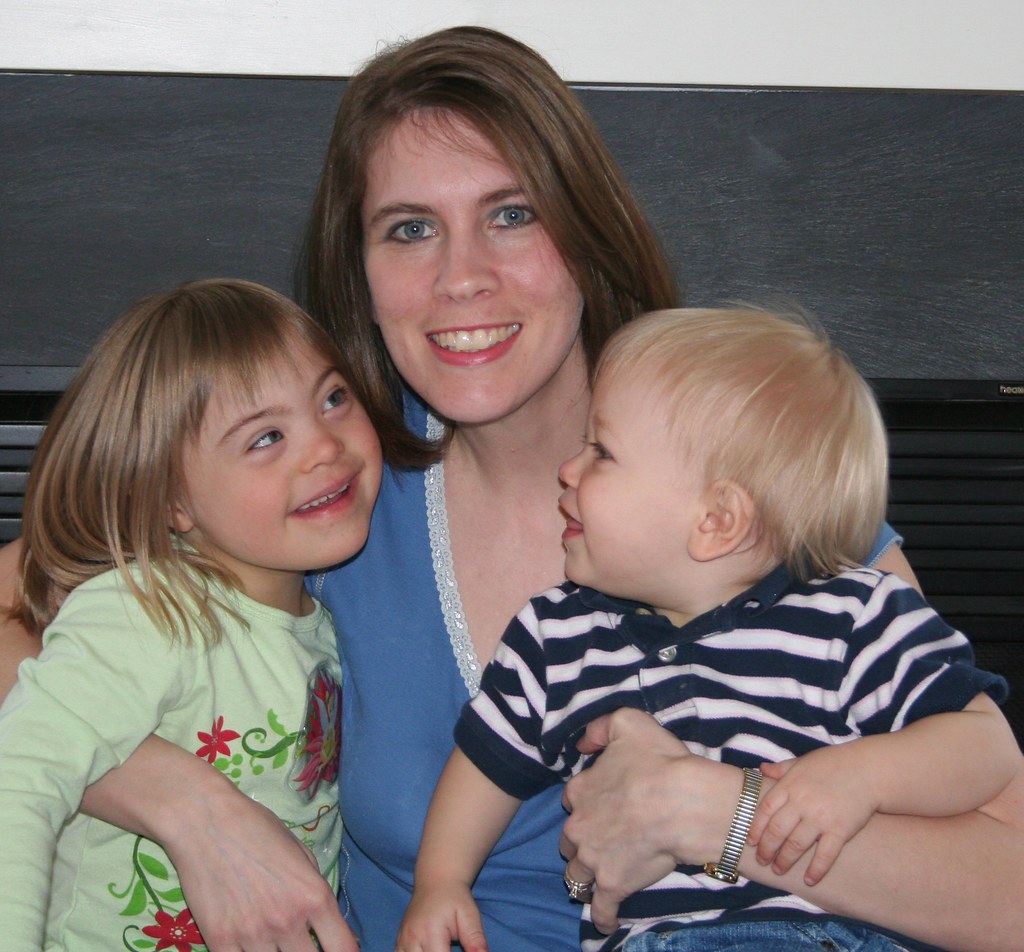
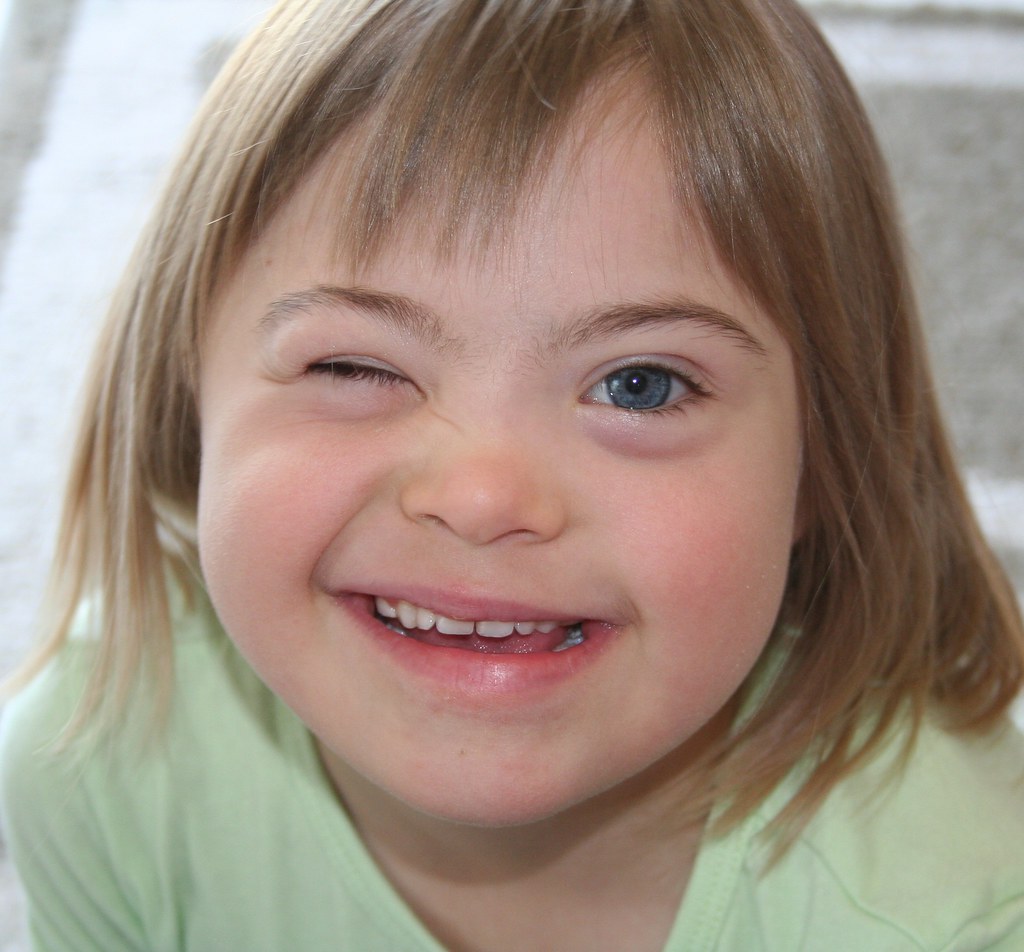
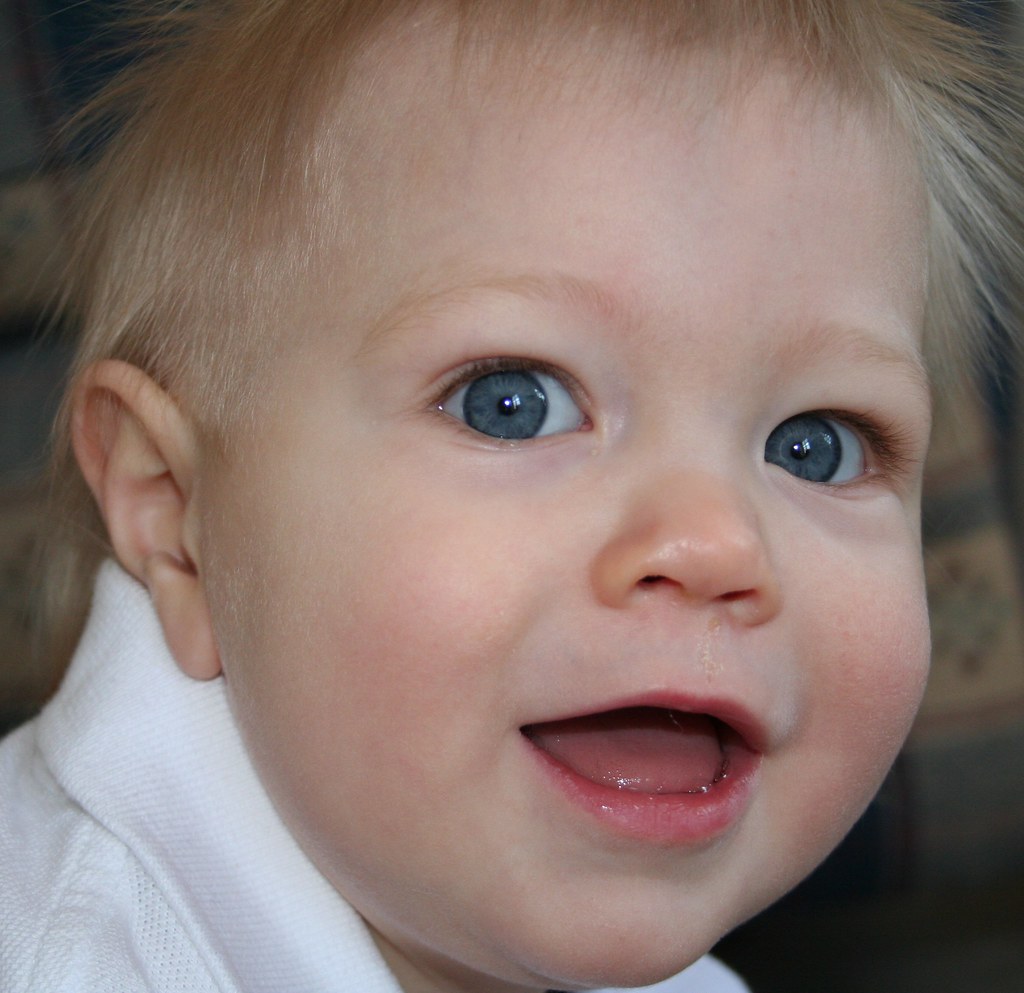
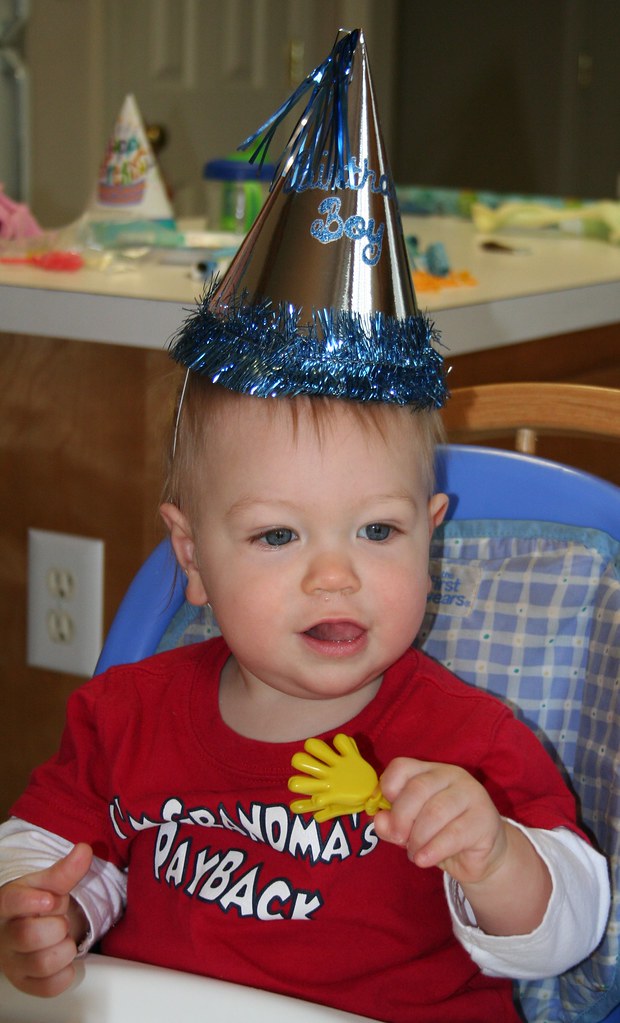
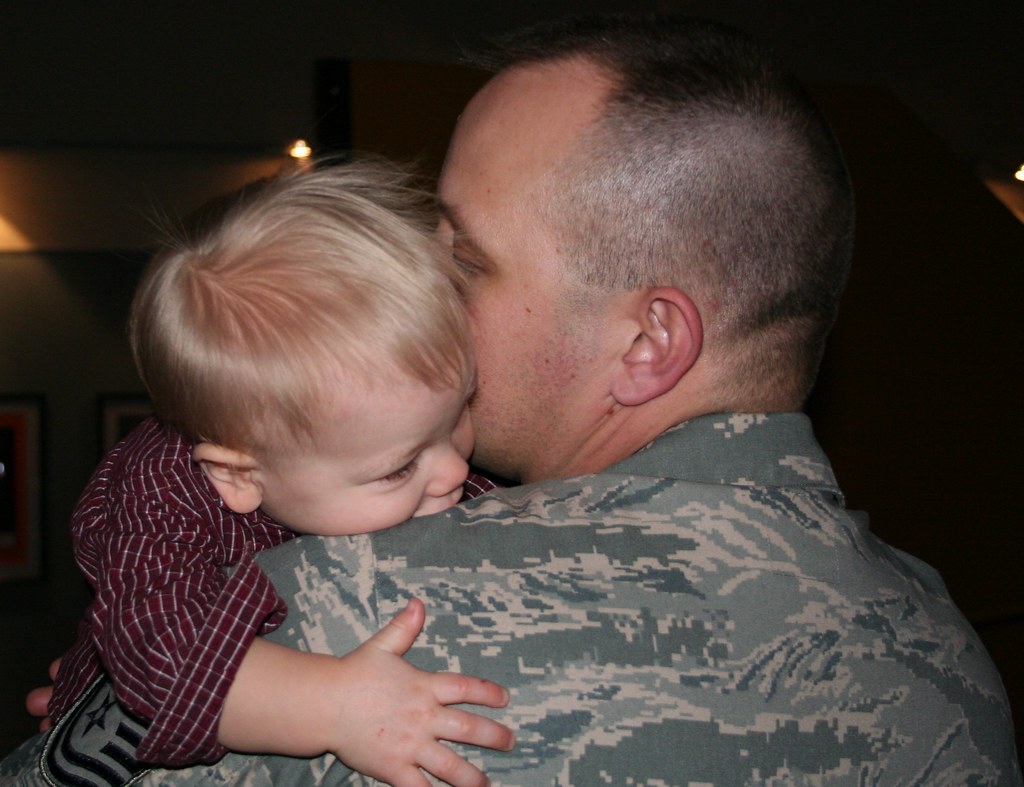
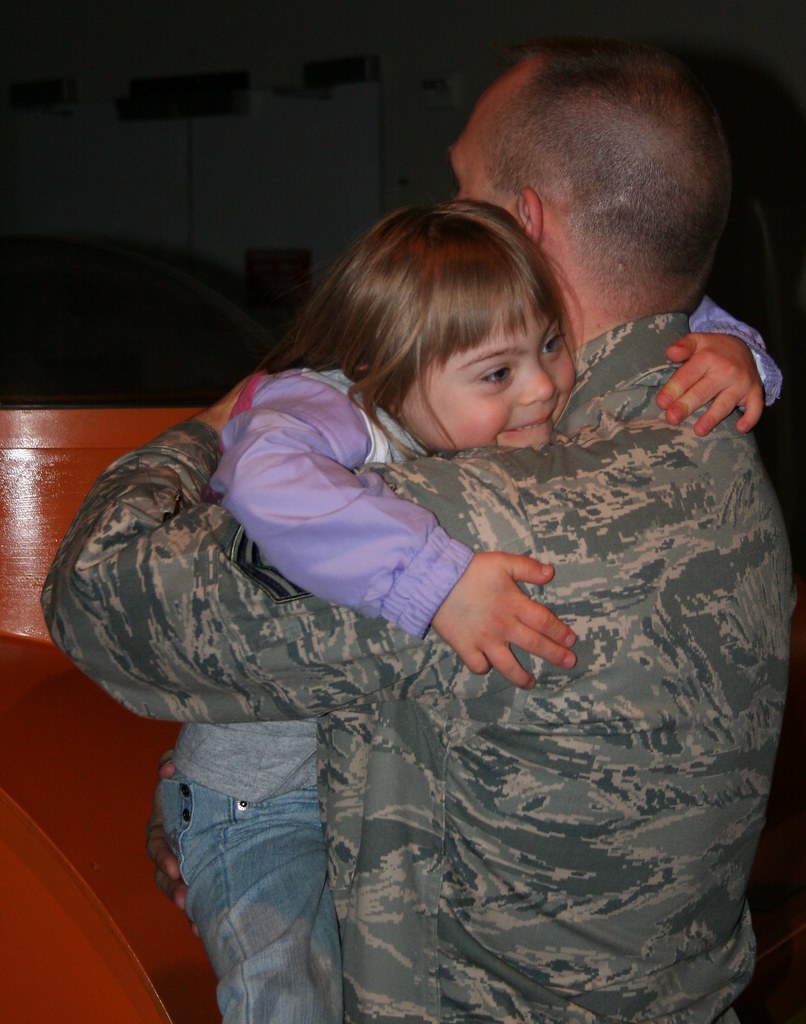
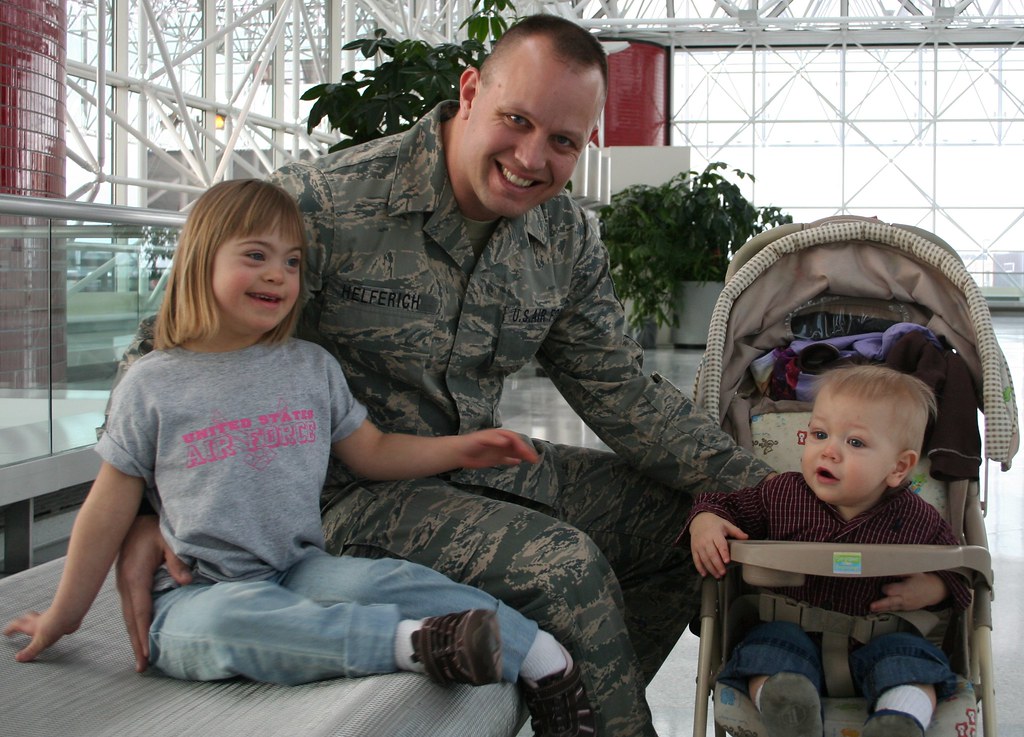
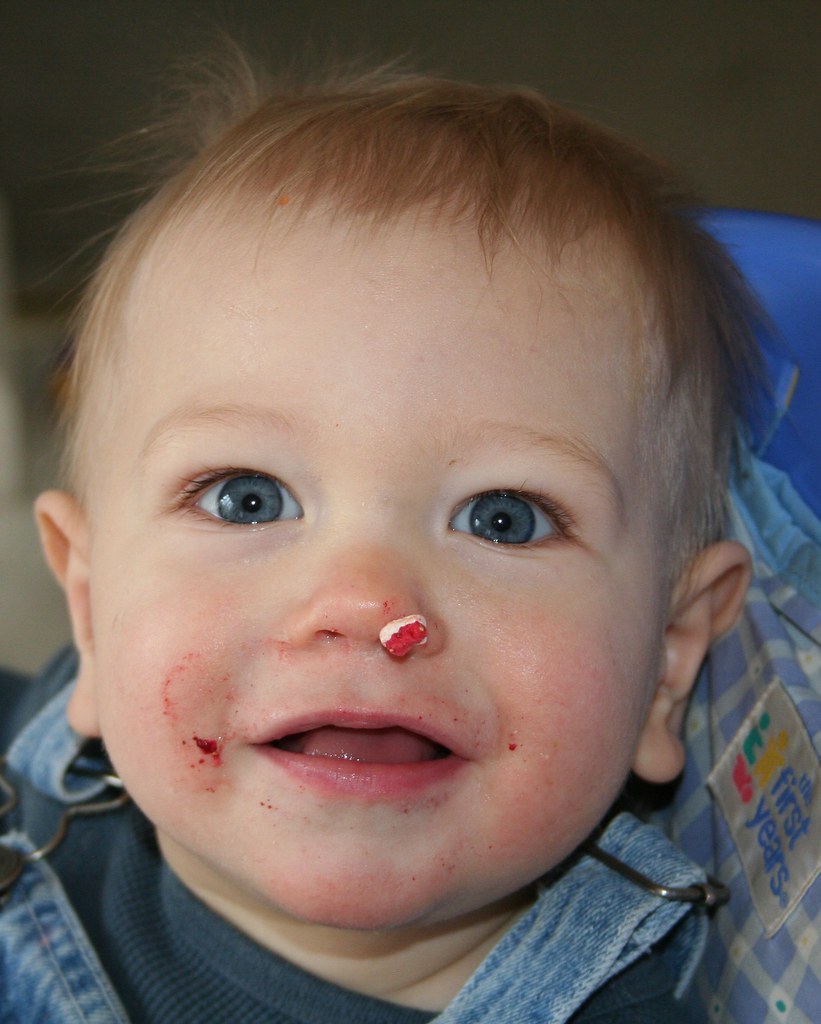
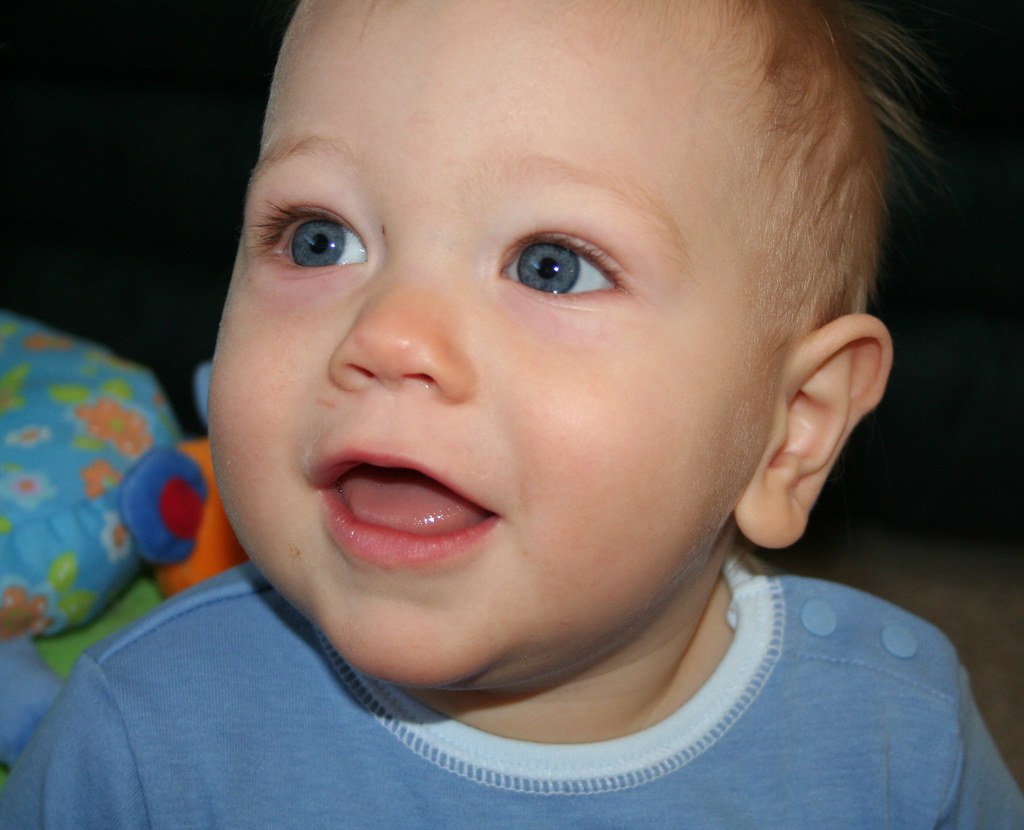
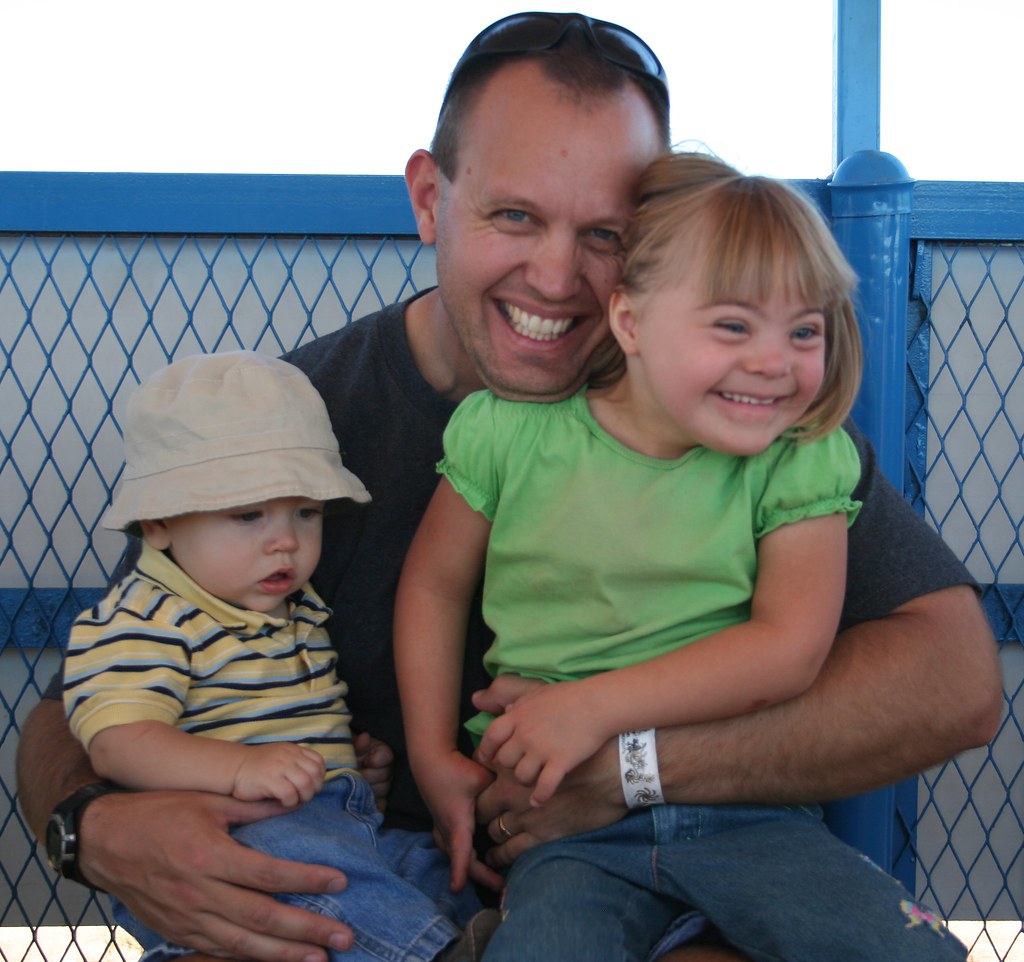
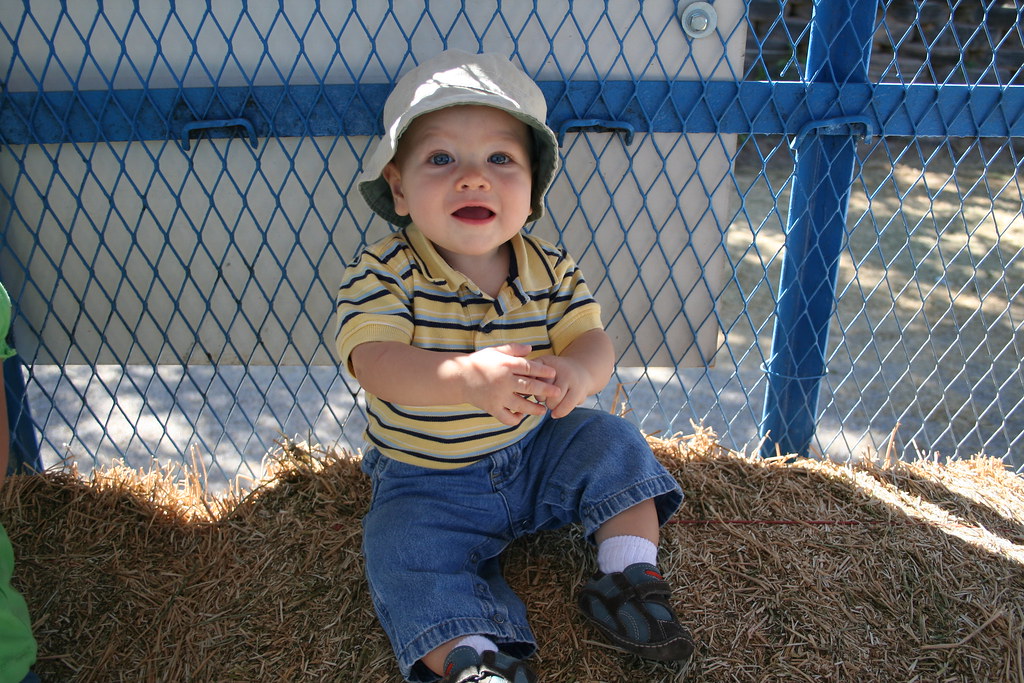
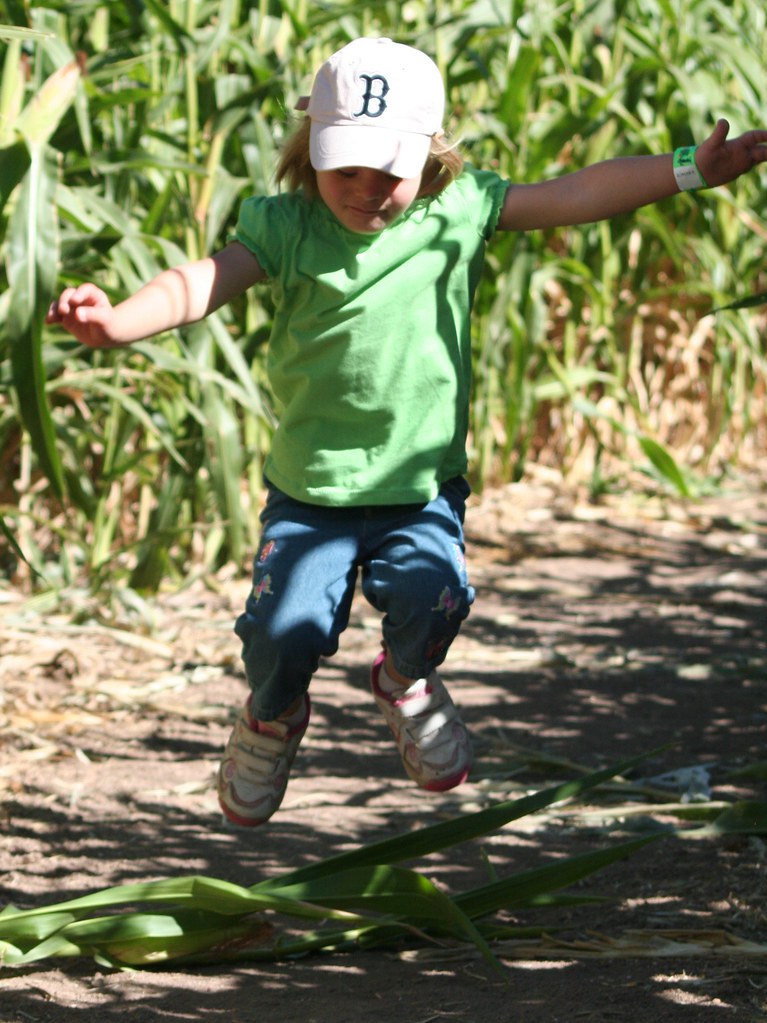
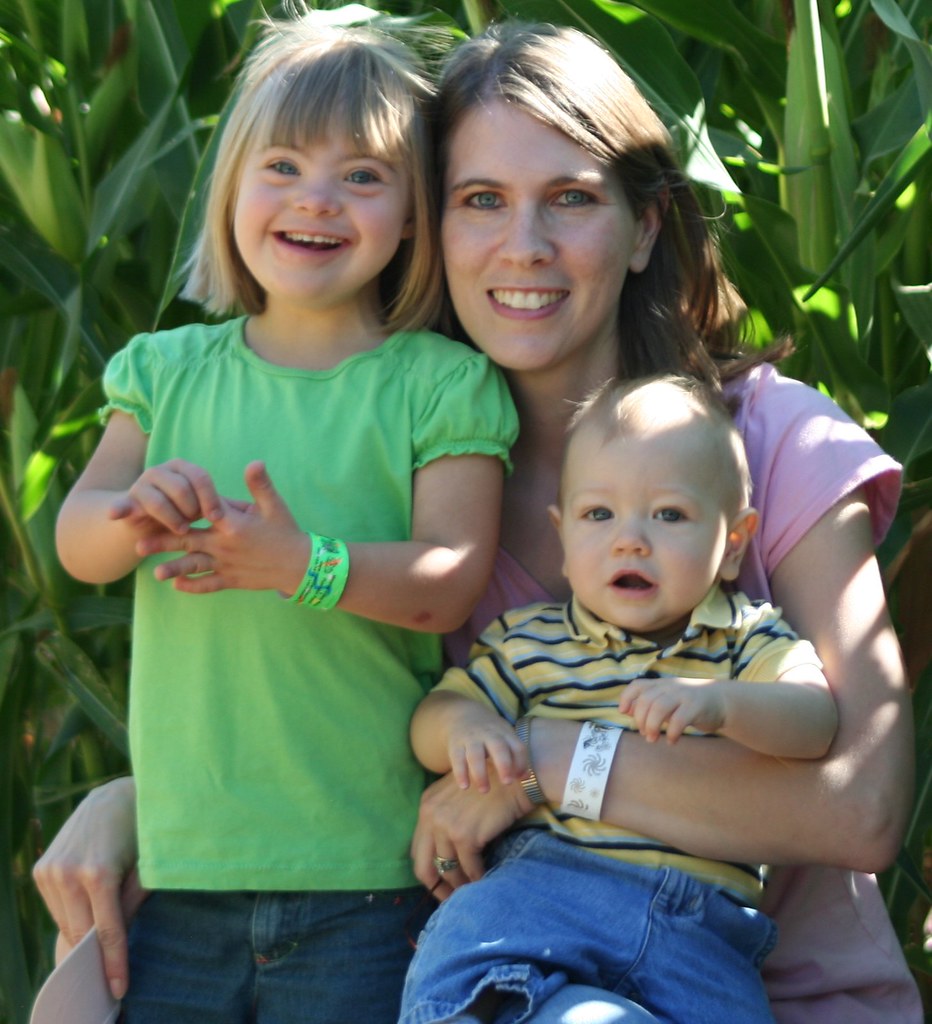
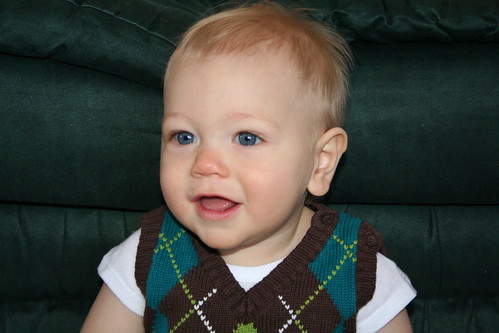
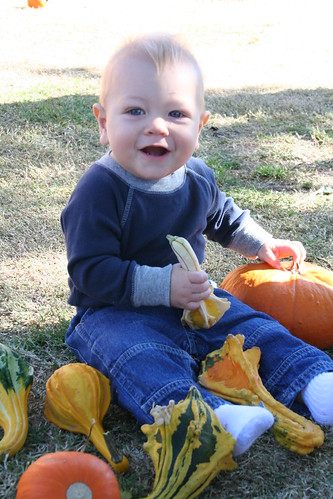
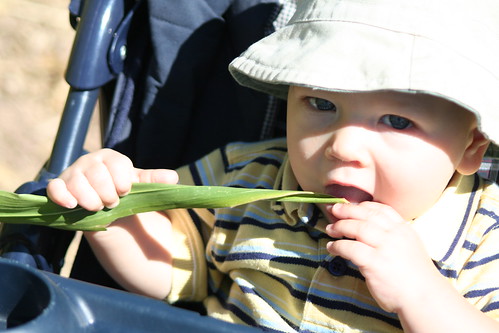
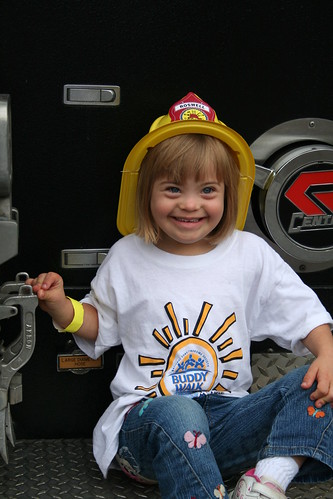
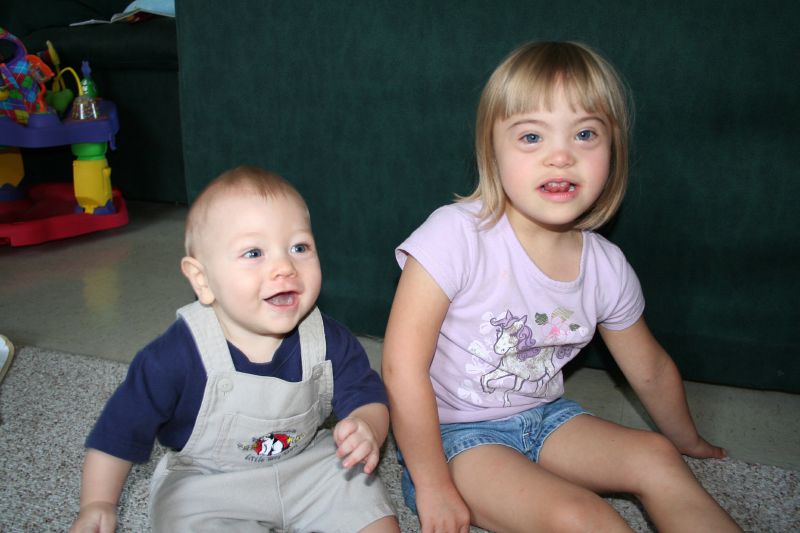
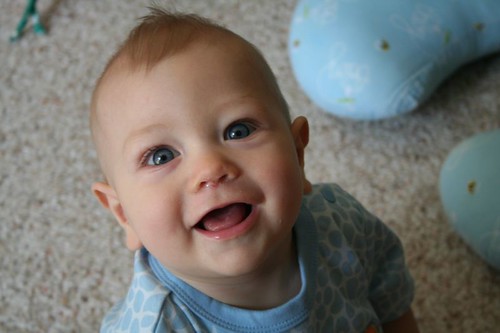
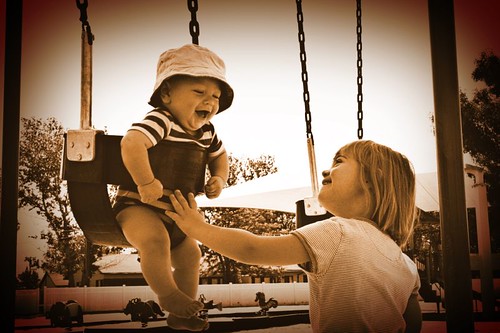
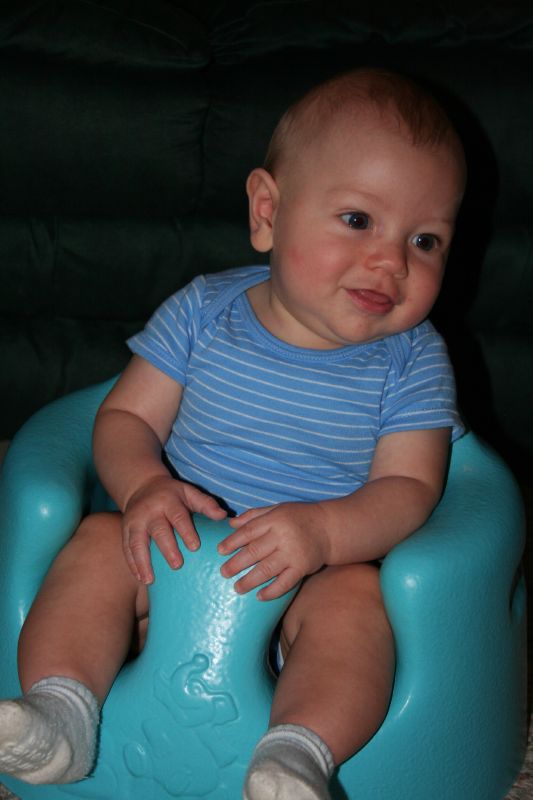
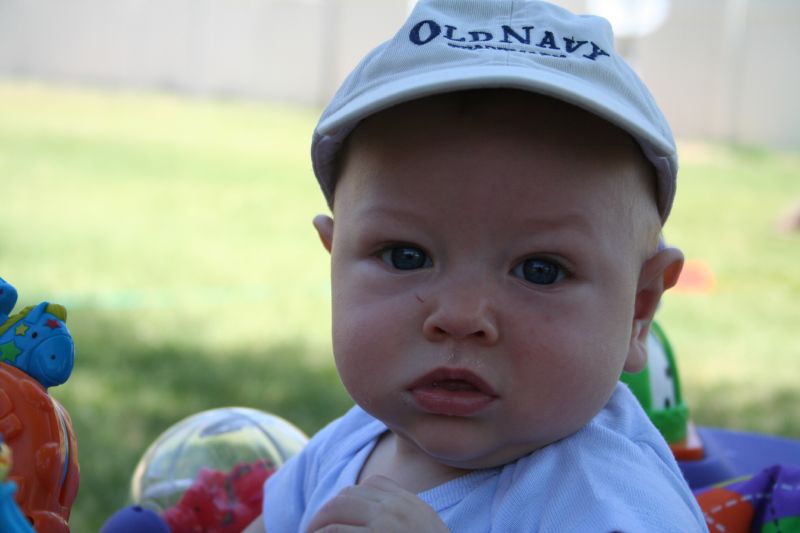
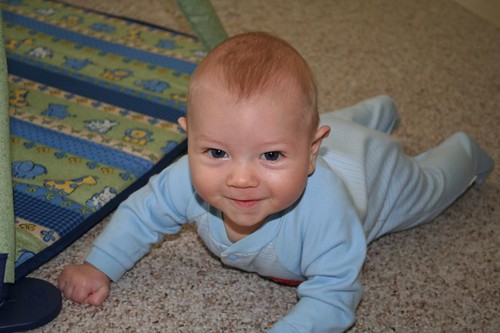
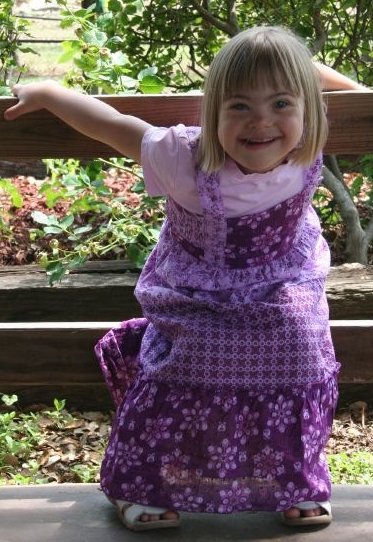
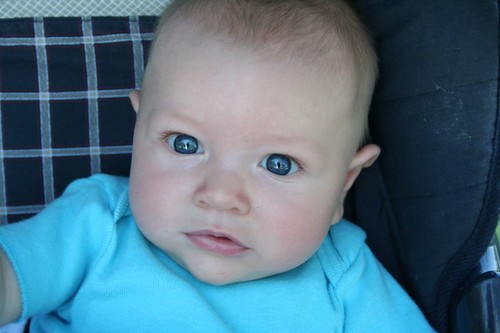
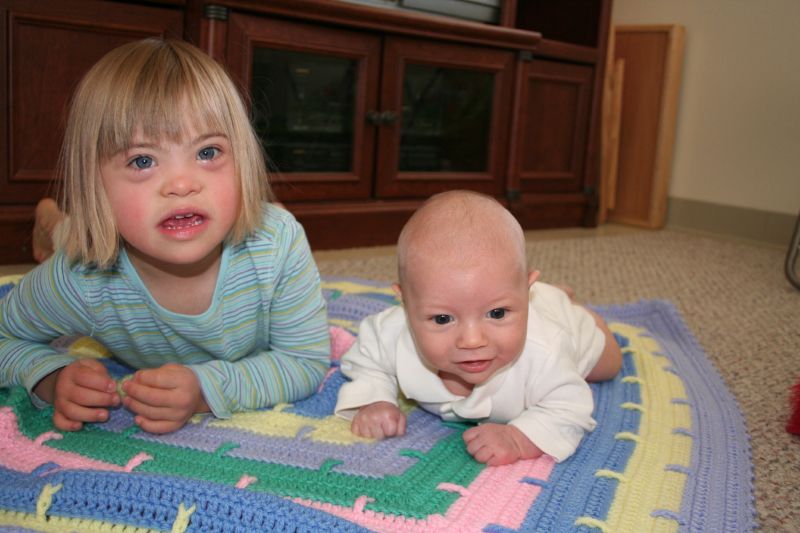
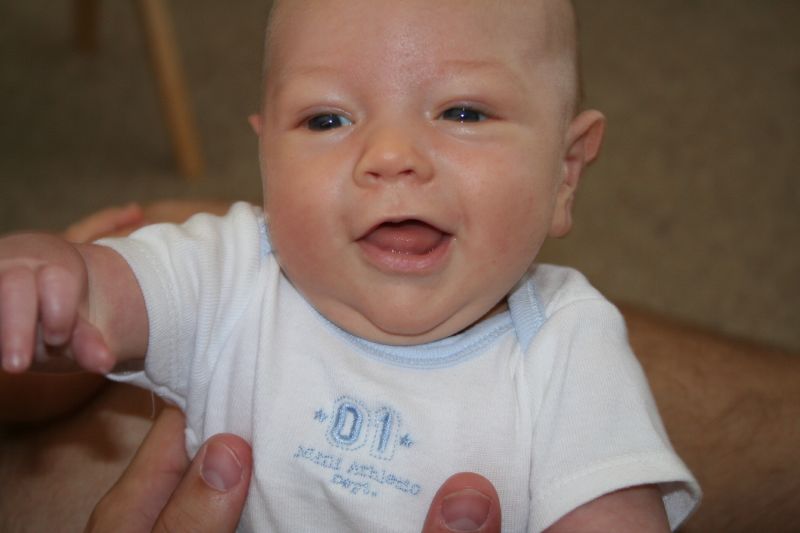
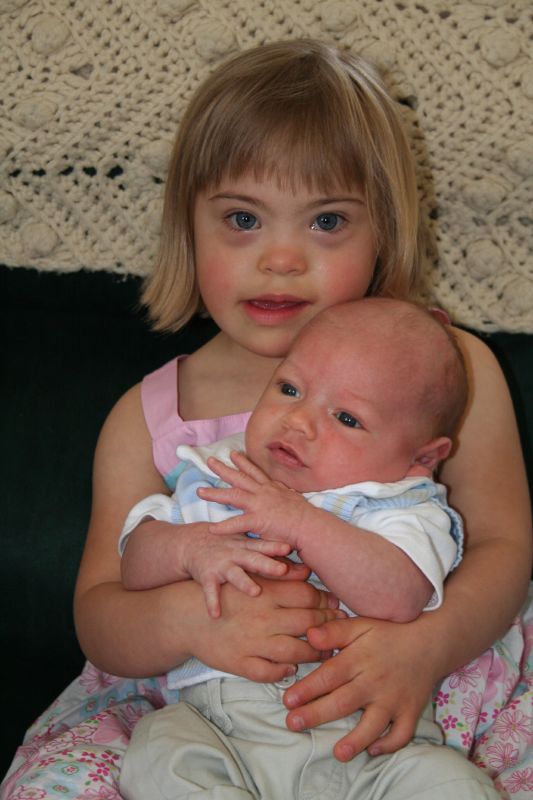
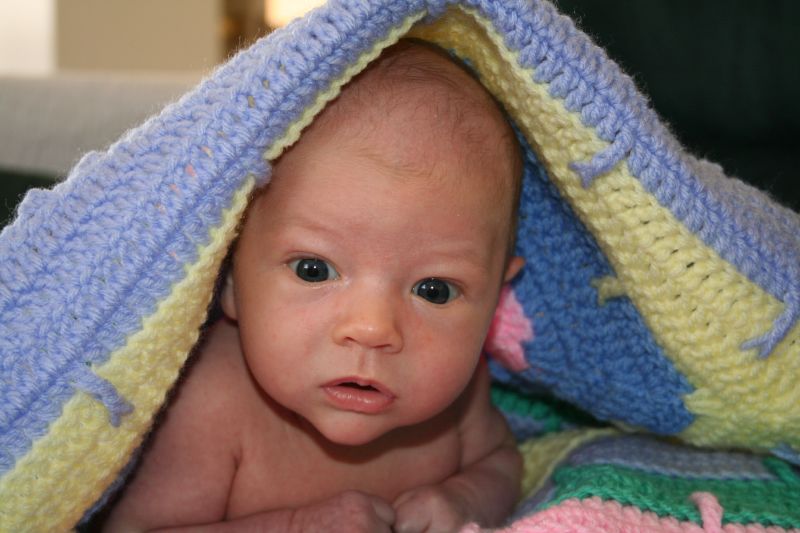
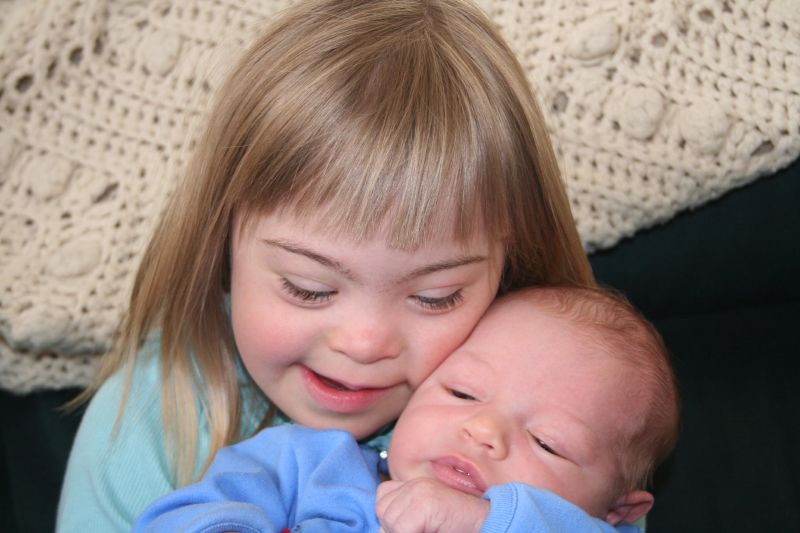
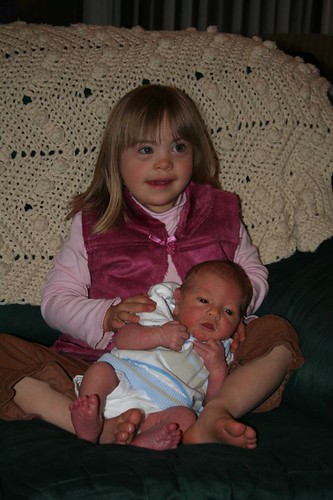
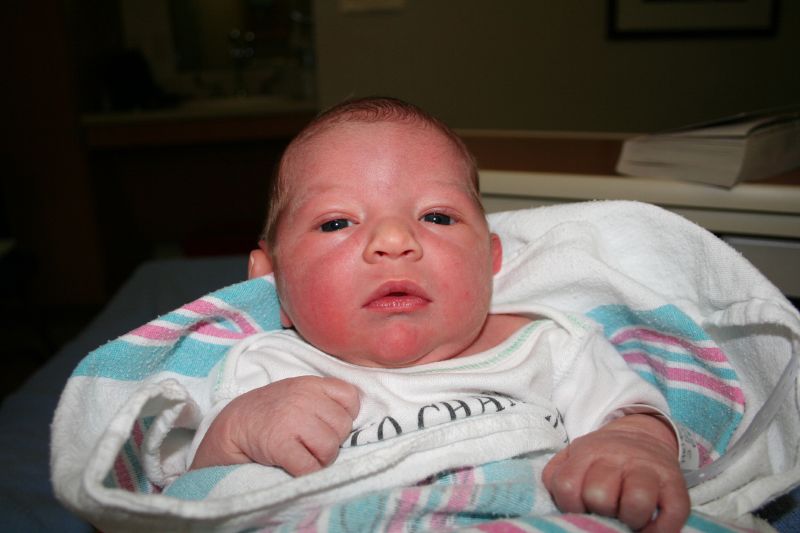
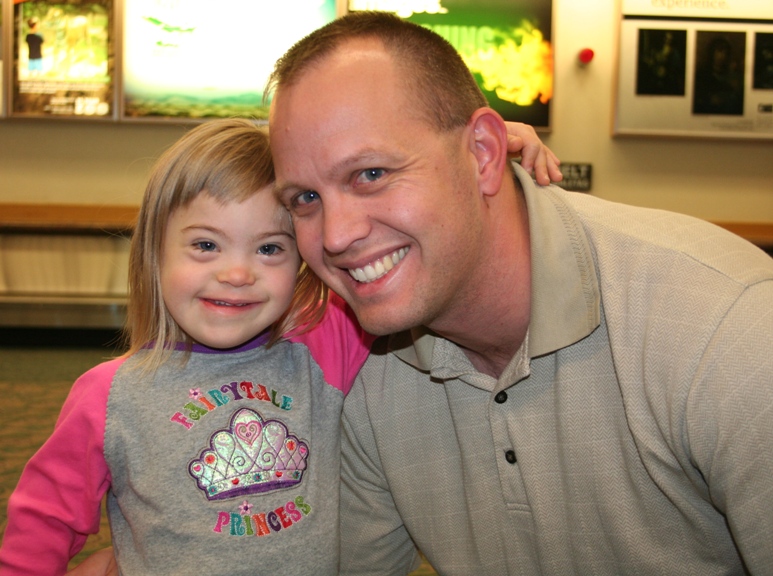
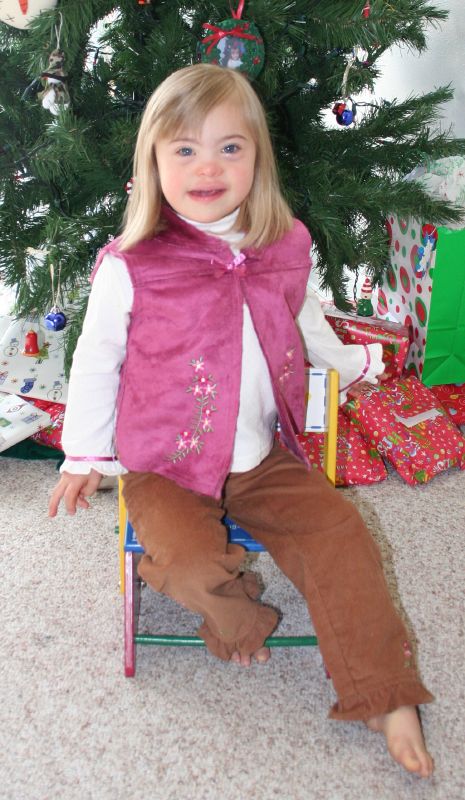
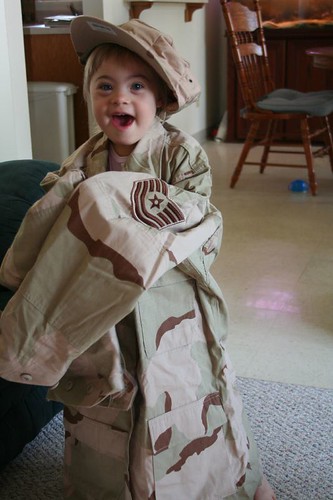
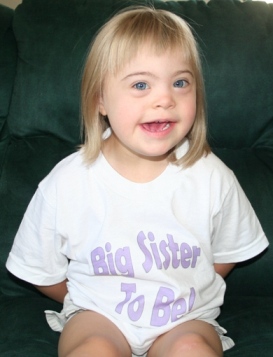
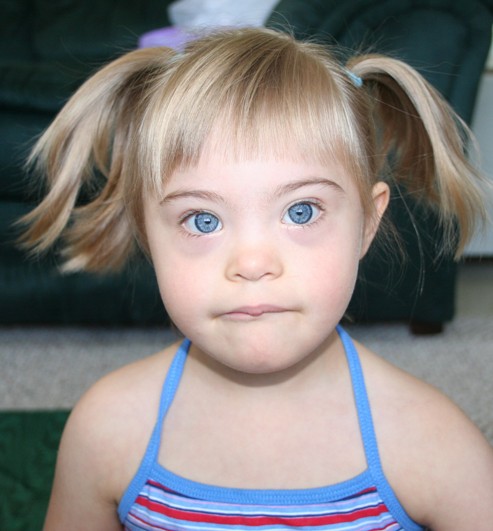
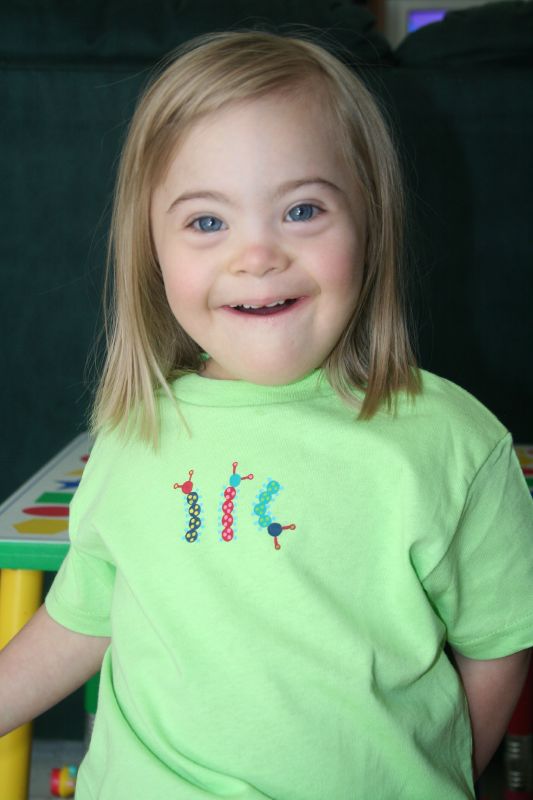
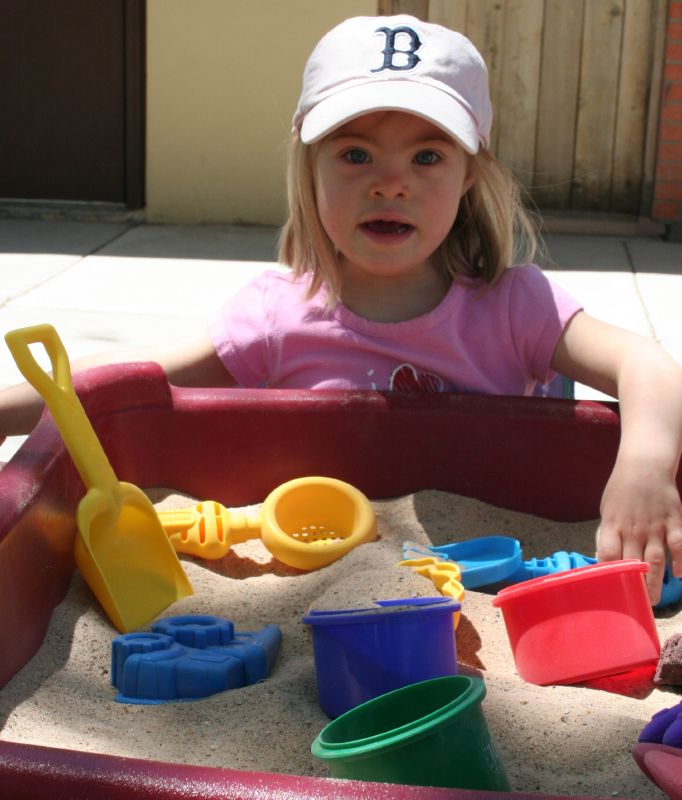
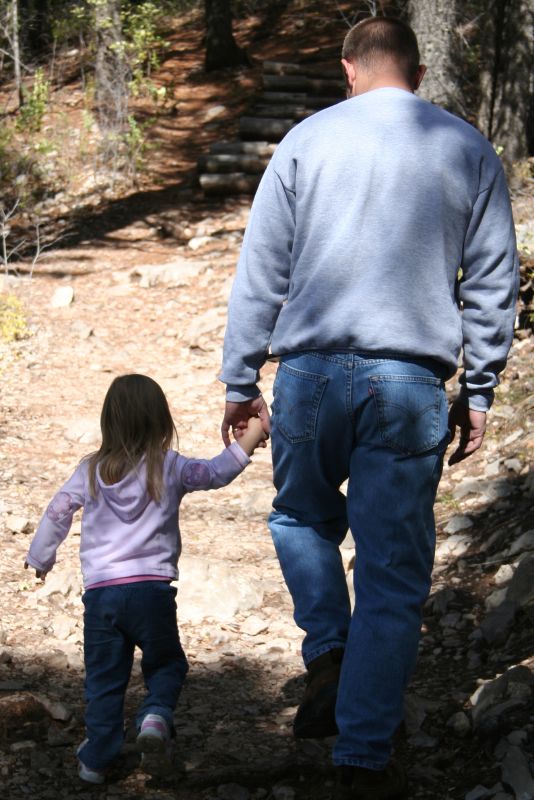

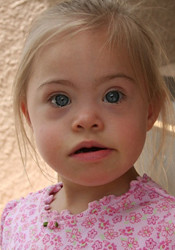




18 comments:
"I'm not asking for too much, am I?" Just before I got to that sentence, I was thinking, It *really* isn't a difficult thing to do, but for some reason school systems want to make it into a big drama. What does it *hurt* to educate Kayla in a classroom with her peers? What does it *hurt* to TRY it? To learn that they were wrong. To make things better for students that come after her.
I think you're going to become *that* mom, the one that brought change to, at least, your part of the world. Maybe South Carolina will have to have a "Kayla's Law" to ensure that our kids are truly educated in the *best,* least restrictive environment for their education.
It works :) And its worth it!
Here in Howard County MD every single class (county wide) has three differently leveled smaller groups within it. So starting in K every single teacher teaches three levels of reading, three levels of math, and three levels or spelling within the one class. The groups can be above grade level, on grade level, or below grade level-or any and all levels in between, and kids change groups as their needs change (lots are in one level for math and a different one for reading, etc.)
The important part is that one or two classes in each grade will be "co-taught" and have two teachers: a gen ed teacher and a special education teacher, so kids with IEPs are in a regular class and then placed in the smaller group that's just right for them and there are no pull outs or self contained classes. Abbie has no idea that she's working at a different level than her peers.
This is how it works: For each subject, instruction is together and then they break into their small groups (with fun-and vague- names like "The Green Group") and they rotate through three activities: a group project type thing, an individual thing like a worksheet, and small group instruction time with the teacher (both the gen ed teacher and the special educator for kids with IEPs). The benefit is that once in their group they are working with other kids exactly on their level and doing work that's just right for them (no matter the level--Abbie is in 3rd grade and reads on a 2nd grade but does math at 1st grade). And yet, they're all in there, side by side, working together as one class.
And the best part is that the kids don't seen to notice or care who's in what group, its not a big deal to them at all. And Abbie gets to spend her day with every other third grader and they get to spend their day side by side with kids of all levels of needs. Its good for everyone. I love it.
Good luck! If anyone can pave the way its you! Kayla is lucky :)
I feel the same a lot of the time, although we've been very fortunate to have some really fantastic people in our corner with us. Right now, Pacey is following an inclusion model and it's working really well. But, he is the only child in his class doing this. There are at least three other kindergarteners at our school who have Ds (wild, right?) and all are in a mainstream setting. Now, I'm not going to sign up to fight battles for them, but it feels wrong sometimes that Pacey is treated differently.
It also feels a bit like we might be guinea pigs for inclusion (though no one has ever indicated such). It feels like a lot of pressure sometimes to "prove" that Pacey can be successful.
You need to hear Michael Remus speak. It would so motivate and support your thoughts. He has come to our area locally and has proof you can make inclusion work for everyone...and everyone benefits. After hearing him speak, I know the path may be hard but that is what I am going to fight for every step of the way.
You are doing the right thing for Kayla. By continually asking the hard questions, not taking no for an answer, and pushing forward at all costs. You will find the right teacher to help you with this. I wish someone would come forth to help you on this. Mind if I share?
Oh, I am right there with you. I know. We were supposed to have the annual IEP meeting yesterday, but it got pushed to Monday because Abby was sick. I am dreading it; not really sure exactly what's going to happen, but it just feels like such a ridiculous fight. And I went to the MDSC conference this weekend, with Sue Buckley and the DSIE folks, and on one hand they made it all seem so obvious...but then, if it's so obvious, why is is this much of a hassle?
I can't even begin to tell you how thankful I am for sharing this post. I have been struggling lately because I feel very strongly about how I want Colin educated. It's a very scary road we are facing and feels very overwhelming at times. I can completely understand your feelings about worrying about where he is and if that's the best place. I know we still have a year and a half, but I feel like kindergarten is creeping up on me!
Yes, my daughter is in an inclusive setting, in a school for Steiner education.
She is having an amazing experience.
Grade 2 (she was held back a year, she is 9) she is with the class the whole time but follows her own curriculum (developed from DS association South Australia) with the assistance of a teachers aide.
She works in the same room, sometimes sitting at her desk with the other children, sometimes in a nook set up just for her, as she gets distracted very easily and happily retires to this nook with her assistant or the teacher, to concentrate on her main work.
The school receives very little funding to pay the teachers aide as it is an independent school but they took my daughter on knowing this, so we are very fortunate.
She learns so much from being with her peers 100 percent of the time. There is no way she will ever academically be at their level, but she is constantly learning, growing, loving life and thriving being part of a
school community where she is respected. I could not imagine it any other way.
I know other who use the public system in Australia have not had the same journey as us. It is a battle for many, so I don't know why we have had such a fortunate path. I think ultimately it was a subconscious lack of faith in the public system that led me to an alternate path, as well as our resonance with the beliefs that underpin the Steiner philosophy.
Good luck, keep at it, your daughter is worth it. Let us know how you go!!
AztRdk [url=http://chaneljponline.org/]シャネル 化粧品[/url] UdiErg http://chaneljponline.org/ IqeBle [url=http://www.coachjpsales.net/]コーチ バッグ[/url] AomLpa http://www.coachjpsales.net/ FznJwz [url=http://pradasjapan.net/]プラダ バッグ[/url] FyuRbx http://pradasjapan.net/ MshXzt [url=http://coachonsales.org/]コーチ 財布[/url] TsbOra http://coachonsales.org/
Okay...the goal of our educational system is to prepare ALL students for college or a career. Why are our kids different? They have the same dreams and visions for their futures as their peers..but our education system imposes an IEP on them (a good thing) with academic goals and not goals that will help our children succeed as adults who contribute to and participate in their communities. It is someone else's idea of what our kids can and cannot do. It's crazy and something that is being changed in many schools in may ways by parents just like you.
I am sorry if I am a preacher - but this is THE most important things for our kids...an educational system that supports who they are not what they have:
http://downsyndrometeenager.blogspot.com/2012/11/our-thanks-for-2012.html
I really appreciate this post. I've never met you or Kayla, nor am I a blogger myself, but I am a mom of two little girls with special needs (one with Cerebral Palsy and one with Down Syndrome) in grade 1 and kindergarten and I really feel like I'm right there with you -- I can completely relate. I'm still new at being a mom of kids in school, but already I'm frustrated with IEP meetings and the sense that the school's understanding of my daughters is so different than my knowledge about them. I know I my girls have limitations, but everybody has limitations, and I don't see the harm in educating my children so they can be in a healthy social environment where they are challenged, even if the work is subsequently modified for them. I'm looking forward to the day when education is just seen as education - for EVERYBODY - and we don't have to fight to get our kids the learning they need. I've seen so many talented young people with disabilities graduate high school and go on to do amazing things-- just waiting for the school to catch up to our kids, I guess...
Our district sounds similar to yours. There will be so much resistance to Ben going to school there. I know I used to teach in the building.
I guess for me there really isn't "one" way for all of our children- whether it be what is called inclusion or mainstream. I like to think about what my values are, wishes for kayli and then how that fits into the school's programs. If there isn't a fit then I advocate and educate for what I want. That happens every year slightly differently( she is in 6th grade now) since different teachers have different skills/personalities/interest.
Kayli has a para for academics. She is in the general classroom and she is included in the curriculum path but she spends about 1-2 hours a day out in either a small group for literacy (which generally also follow the curriculum in a modified way)or other services. Her math is in the classroom with her own assignments with para during math time. She has speech pulled out weekly x 1 hr but often a classmate is included and often the subject matter and focus coincides with her literacy/curriculum. OT is pull out 1/2 hr weekly I believe.
We ask each year that we get, along with her homework, the assignments that her classmates get so that we know how she is moving along and in sync with the curriculum. We try to review the general homework with her at her level so that she is abreast generally on topic, ex Island of Blue Dolphins- way above her reading level but I modified it a bit into a brief summary of simple points and sentences so she would be oriented to the discussion when she was involved.
It is a never ending process- a dynamic one and each year it shifts and evolves. We've only had one year where I was REALLY unhappy with her teacher. We are fortunate that the only bigger struggle we had was when they wanted us to consider the special needs classroom and we were very clear that was not what we wanted (altho another parent of a child with DS who came before us had complimented the class and felt it was perfect for their child for her last 2 years in elem.).
I try to remember when I was in school and the inconsistencies of my school programs and teacher qualities and that helps me have lees stringent ideals about what to expect for my daughter from a school.
I'm not sure anyone gets exactly what they want from their kids ed every year...... There are a lot of variations in skills and methodologies even within a good program.
Hugs Mich....
before I even start, the label "trainable" made my jaw drop...trainable? like a dog? so our kids are only supposed to be able to do certain tasks? ugh, jerks
Okay, so I know this sucks for you (though I'm a horrible commenter I hope you know I read and totally love you) but! someone has to be the first one to stand up and say Hey! The way you've been doing it for years and years isn't necessarily the right way! My daughter is so much more than what you label her!
Kayla should be with her neighbors and in the same school as her friends on your street. I'm totally not there yet, but all I can say is that if you feel 100% that she's in the right place and it can work (which I think) then you're just going to have to push push push to get Kayla the education she deserves....
I'm just now in the process of Brooke transitioning into the public school system, and when we were discussing her preschool and beyond years the chick said something to the effect of "we'll evaluate where she is and see if she needs to be in a school with more specialization than what your district offers" to which I replied "no, Brooke will always go to the school her brothers and sister go to and if she needs additional support it will happen there" Stunned, she said of course, we can always accommodate.
I think we just always have to be ready to throw down...unfortunately
MICHELLE DO NOT EVER EVER EVER GIVE UP. I KNOW THAT IT IS HARD I HATE THAT IS HARD BUT IF NO ONE FIGHTS THEN THINGS WILL NEVER CHANGE I AM HERE FIGHTING WITH YOU. HUGS
AZ
Hi Michelle;
Just to let you know..I love reading your blog so I have tagged you in the lieber award on my blog.
Hope all is well x
Heya i'm for the first time here. I found this board and I find It really useful & it helped me out a lot. I hope to give something back and aid others like you aided me.
My site: extreme weight loss
Hi- I'm getting ready to fight this fight and my daughter just turned 3. She's in pre-k and I feel it's important for inclusion to start early. She's currently in the gen Ed room with no supports and I feel the teacher is recommending she move to the small sped room due to learning self help skills. I don't see why they can't help her in that room. It stinks but we have to fight if we know that's best b/t/w I love your blog but never commented before :)
Sara
Post a Comment